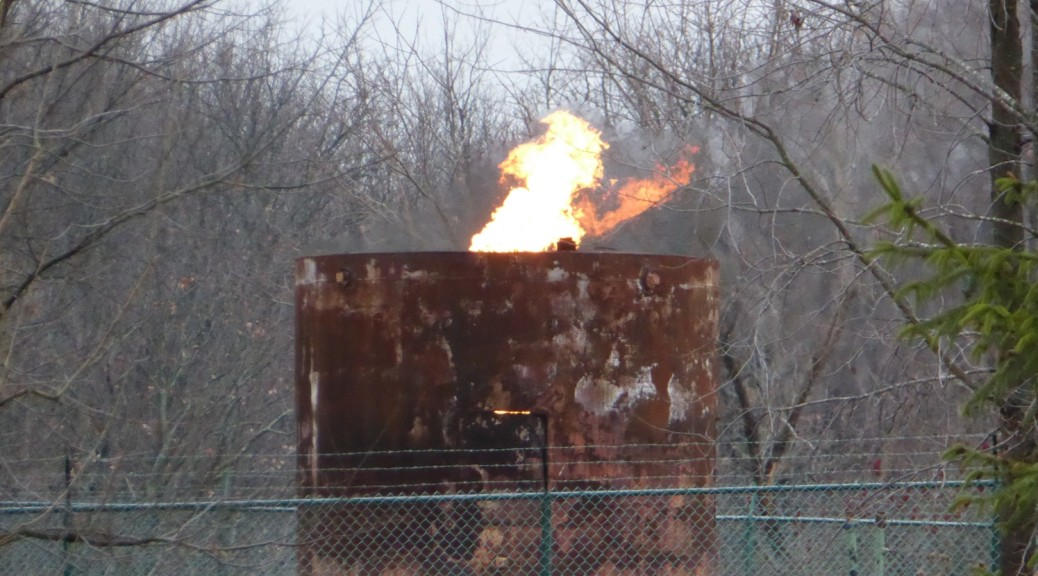Tag: water
-

Michigan Oil & Gas Monthly – February 2016
Check out the February “follow-up” edition of RMP’s Michigan Oil & Gas Monthly magazine. This month we revisit the Word of Faith 16-27 application for an oil well in the City of Southfield. Thousands of comments have been received and made public by the MDEQ. This month we take a closer look at public sentiment…
-

Michigan Oil & Gas Monthly – January 2016
Why is a picture of a Colorado license plate the featured image for the first Michigan Oil & Gas Monthly of 2016? What does Colorado have to do with Michigan oil & gas? Read the January 2016 edition of MOGM to find out. This is our 13th issue marking the beginning of our sophomore year.…
-
Michigan Oil & Gas Monthly – December 2015
This month in RMP’s Michigan Oil & Gas Monthly (MOGM) we look back on the slowest year ever in Michigan oil & gas activity. 1931 previously held the record for slowest year in Michigan history for oil & gas but no longer. 2015 was the slowest year ever for Michigan oil & gas activity. With…
-

Michigan Oil & Gas Production Report January – June 2015
The first six months of hydrocarbon production in the Michigan Basin are ready for reporting. In this post we examine the top ten producers in the oil, natural gas, and NGL categories. We find in 2015 that wells originally drilled in completed in the 1970’s and 1980’s are outperforming so new wells after having been…
-

Coal Use Forecasted To Rise – How We Can Mitigate Coal Pollution
Coal use is growing across the world. Coal will eventually surpass oil as the #1 primary energy source for world energy consumption. Over 1.3 billion people around the world do not have electricity and they will be planning on building coal fired power plants as a cornerstone to their energy plan. We can either understand…
-

Michigan Oil & Gas Monthly – July 2015
The big story in July of 2015 is the expiration of 8 HVHF permits to drill into the Ordivician Collingwood. These permits expiring is just the latest piece of evidence in a long line of recent indications that HVHF in Michigan using millions of gallons of water per frac is over. RMP has been covering…